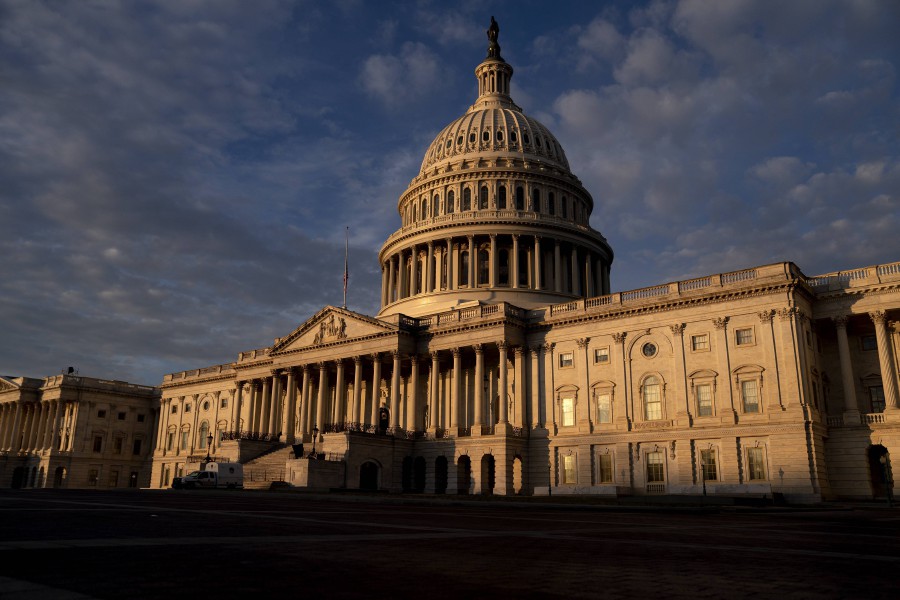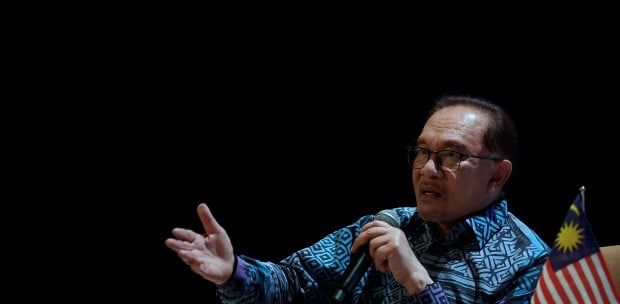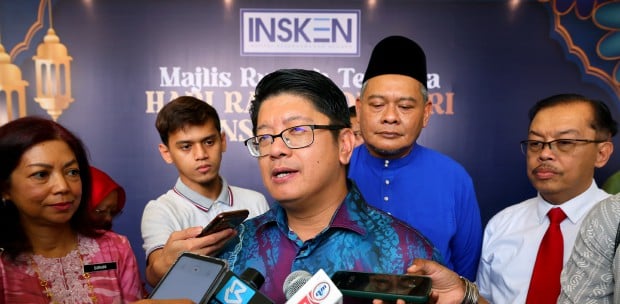PEOPLE around the world would be excused if, instead of Netflix, they are sitting on the couch with their popcorn watching the news from America with a mixture of bemusement and revulsion.
This, after all, is the country that has not only lectured the rest of us about democracy and freedom, but has pursued aggressive political and even military campaigns to spread their vision to often incredulous nations from the Middle East to Latin America to Asia.
By all appearances, America has stumbled dramatically on both the issues of democracy and freedom. On the one hand, the United States presidential election remains contested (by tens of millions of voters, and by the sitting president) more than two months after election day; and on the other hand, the chief executive officers (CEOs) of ostensibly free speech social media platforms are responsible for censoring, algorithmically exiling, and deplatforming users whose opinions conflict with the consensus of mainstream media — including the US president himself. We are seeing the stone-thrower in his glass house, and his house is rather disastrously out of order.
The past 12 months have illustrated just how important sovereignty is to a nation; the independence to set their own policies, priorities, and the interpretation of fundamental principles, like democracy and freedom. We can no longer accept the claim that the American model is universally applicable, when we can all see so clearly that it is not even working in America itself.
Freedom of speech, for example, is one of the points about which the US routinely criticises others. State control of the media, suppression of objectionable opinion, curtailments on expression, and so on, are regarded as absolute evils in the American model.
Any government that imposes restrictions of any kind on free speech, under any circumstances, is deemed tyrannical. It turns out, however, that all this rule does is transfer the authority to restrict speech to the private sector — unelected, undemocratic, profit-driven corporations. It does not, in fact, protect free speech, it simply delegates the power to censor to CEOs. This approach has created a crisis in the US.
In the wake of a major news event, such as a terrorist attack or a natural disaster, the government of Turkey regularly disrupts access to social media platforms specifically to prevent the spread of rumours and panic amongst the population.
That represents a responsible restriction imposed by a duly elected government; but of course, Turkey is lambasted for doing it, because the doctrinal position is that governments should never restrict speech in any way. My argument is that the doctrinal position leaves a vacuum that will inevitably be filled by private power; what it does not do is guarantee free speech, and that is precisely what we are seeing in the US.
I would unhesitatingly prefer a democratically elected and accountable government to retain the power and authority to impose reasonable restrictions on the freedom of expression than to delegate that entitlement to the likes of Mark Zuckerberg and Jack Dorsey.
I would also argue that every nation must insist upon their right to determine the parameters of state power themselves, including the right of the government to manage information, expression, assembly, communication and so forth, for the public good, without being characterised as tyrannical.
The truth is that everyone understands free speech has limits; the real question is not so much what those limits are, but who has the authority to decide what those limits are. I am squarely on the side of that authority belonging exclusively to democratically elected governments, and entirely outside the authority of corporations.
The US, and the West more generally, has always had a distrust for government. Growing out of feudalism and monarchical hubris, this attitude is understandable, but it has hamstrung the government from responsibly managing the very rights and freedoms it is meant to uphold.
Our history and experience are different; we do not regard the government as a threat, but as the elected custodians of the public interest. We trust them with the necessary powers to manage the affairs of the nation. The American model has severe internal flaws which have metastasised into a societal calamity; one which Malaysia's approach has enabled us to avoid.
Rather than importing ideas on freedom and democracy from the West, I would suggest it is time for them to begin looking eastward for more successful models.
The writer is founder of Centre for Human Rights Research & Advocacy
The views expressed in this article are the author's own and do not necessarily reflect those of the New Straits Times





